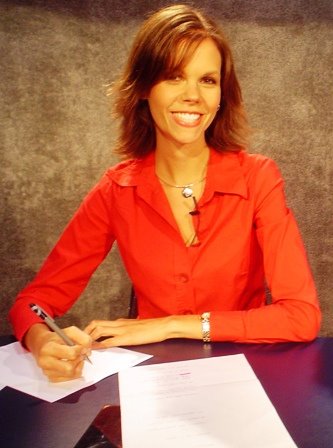
The biggest thing I learned from this course is that discrimination, hatred, oppression, etc, exist largely from a lack of knowledge and experiences. When I leave this classroom, my role is going to be that of a student and a teacher.
There are many things I have never experienced and might not ever get to. I can, however, make the effort to learn about those things. Even if I can't understand certain people or situations that are different, I can be aware and accepting of them. That awareness will help me to be more open-minded and less judgmental.
In the same way, I hope to use my voice and my talents to educate others. I can use the media tools of the time to open up new worlds to others. I can help provide that knowledge and awareness, which will hopefully lead to more acceptance of differences.
 As difficult as it was to nail down the definition of a sociological imagination, I realize that it's something I've always used and something I hope to continue to use. I want to apply that to every situation where I find myself judging someone else. What must their life be like? How did they grow up? Where did they grow up? Etc... We are all connected to the societies in which we were raised. Being aware that these upbringings are different, but okay, can lead to more understanding.
As difficult as it was to nail down the definition of a sociological imagination, I realize that it's something I've always used and something I hope to continue to use. I want to apply that to every situation where I find myself judging someone else. What must their life be like? How did they grow up? Where did they grow up? Etc... We are all connected to the societies in which we were raised. Being aware that these upbringings are different, but okay, can lead to more understanding.
